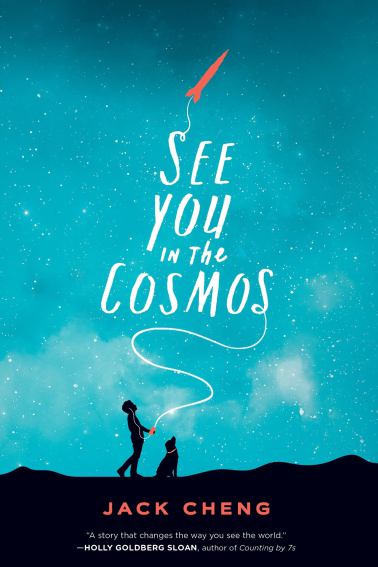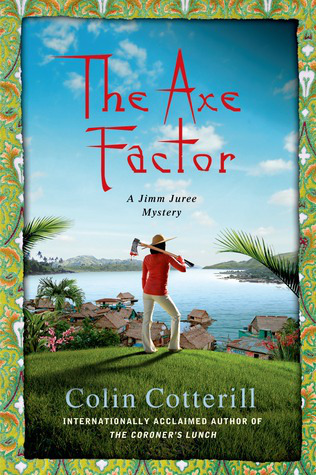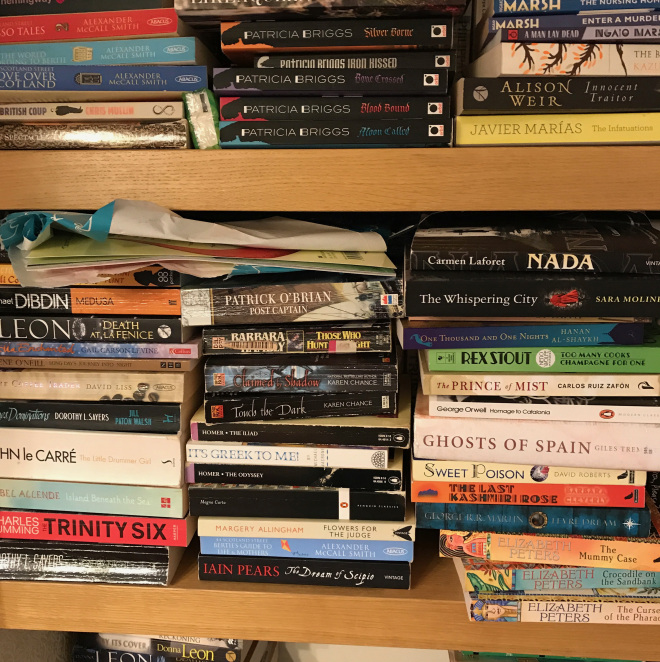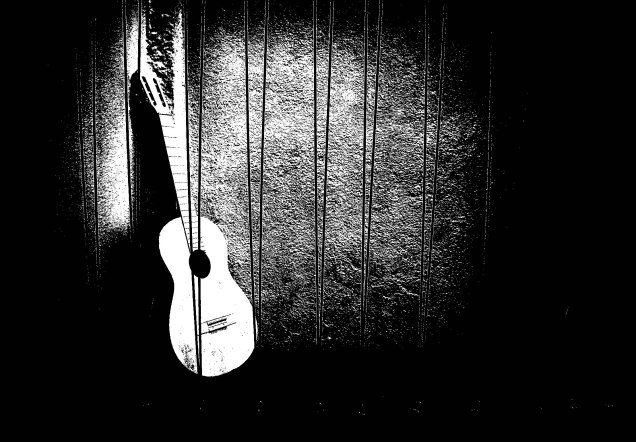
11-year-old Alex Petroski loves space and rockets, his mom, his brother, and his dog Carl Sagan – named for his hero, the real-life astronomer. All he wants is to launch his golden iPod into space the way Carl Sagan (the man, not the dog) launched his Golden Record on the Voyager spacecraft in 1977. From Colorado to New Mexico, Las Vegas to L.A., Alex records a journey on his iPod to show other lifeforms what life on earth, his earth, is like. But his destination keeps changing. And the funny, lost, remarkable people he meets along the way can only partially prepare him for the secrets he’ll uncover – from the truth about his long-dead dad to the fact that, for a kid with a troubled mom and mostly not-around brother, he has way more family than he ever knew. (Taken from Penguin Random House)
As inspired by Alex Petroski, I decided to do an audio recording of this blog entry. Click the player above to listen! (Apologies for the sound effects, my husband just thought it would be fun to add sounds, go figure. :p)
Two things I thought about while reading this book: (1) This is why I still read children’s literature and (2) This is why I still choose to work with young people.
As soon as you read the first few pages of this novel, you will fall in love with Alex Petroski. At least that’s how I felt after he said, “…the United States is two hundred forty-two years old and Earth is 4.5 billion years old. I’m not sure how old my house is.”
As Alex narrates his story through recordings in his golden iPod, you will laugh, cry, and feel silly like an 11-year-old. In my head, his voice is full of wonder, excitement, honesty, and above all – hope. Somewhere along his journey of launching rockets, conversations with aliens, and exploring the vastness of space, he takes us on a trip that will make you think about what makes life on earth so meaningful.
See You in the Cosmos – for a title that brings us out of this world, what makes this novel so powerful is its ability to bring us home, to bring us back to what makes us so human. Failure, bravery, truth, and love – what do they look and feel like to an 11-year-old? What do they look and feel like for adults? Though the novel is primarily told through Alex’s eyes, we catch glimpses of what these mean for the adults around him. At times, I found my adult self nodding and sympathizing with the other adult characters – and then I see the world through Alex’s eyes and somehow I find comfort.
I think I’ve built the case for why adults should read this novel but I’d also like to encourage teachers to include this in their students’ reading lists for a couple of reasons:





